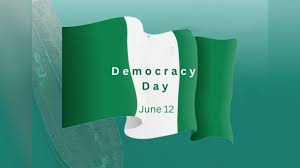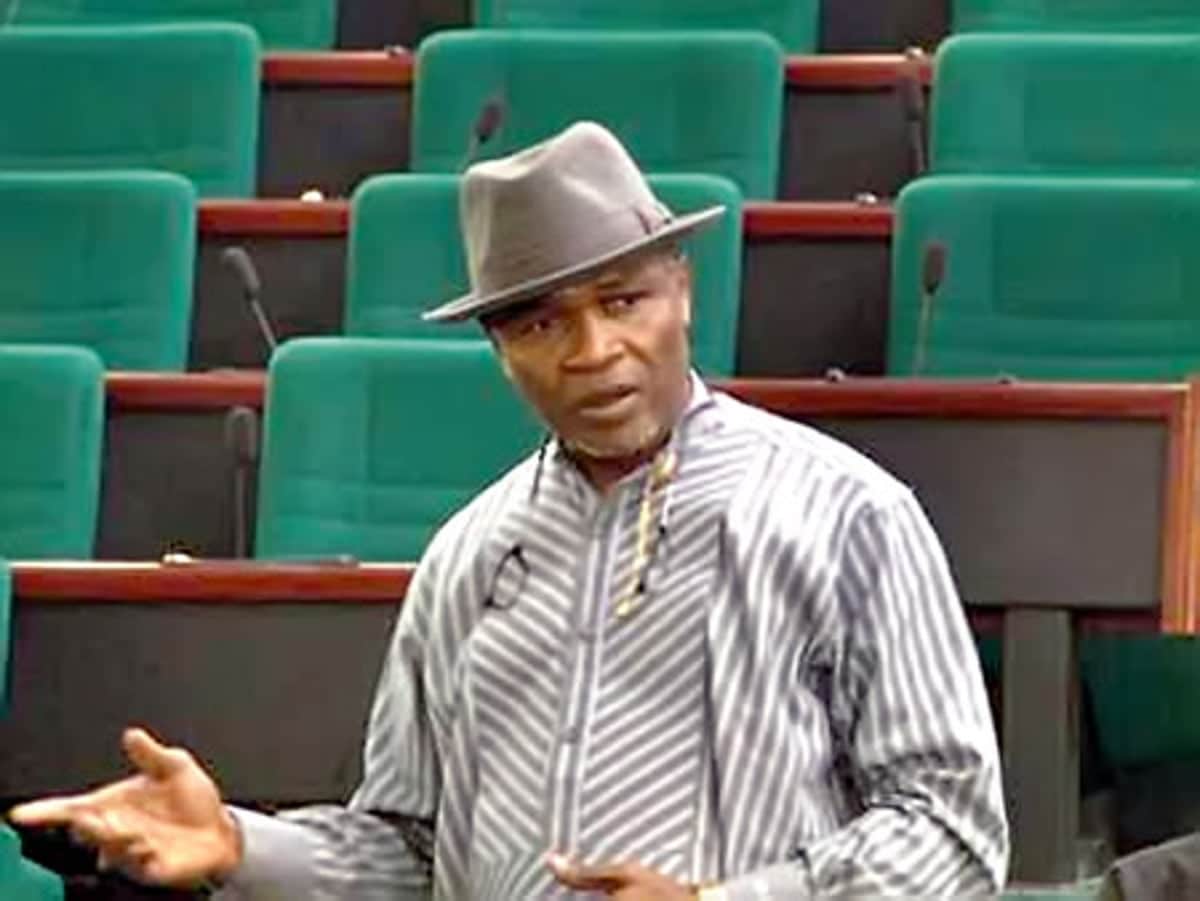Each year on 12 June, Nigeria observes Democracy Day with solemn reflection and cautious optimism. The date honours the landmark 1993 presidential election, widely regarded as the freest and fairest in the nation’s history, won by Chief M.K.O. Abiola. The military regime under General Ibrahim Babangida annulled the result, triggering widespread protests and a protracted battle for civilian rule.
In 2018, President Muhammadu Buhari shifted Nigeria’s Democracy Day from 29 May to 12 June, recognising the significance of that vote. Buhari described it as “the most peaceful and orderly [election] since Nigeria’s independence”, posthumously awarding Abiola the country’s highest national honour.
Now, 26 years into uninterrupted democratic governance, the day serves not only as a memorial to sacrifice but also a renewed call to deepen national unity, civic responsibility and institutional reform.
Tinubu’s Address: Growth, Stability and a Pledge to Democracy
On Thursday, President Bola Tinubu addressed a joint session of the National Assembly to commemorate the day, opting to cancel a national broadcast in favour of speaking directly to lawmakers. Senate President Godswill Akpabio welcomed him as “one of the architects of the very democratic foundation we commemorate today.”
The 2025 theme, “26 Years of Democracy: Renewing Our Commitment to National Development”, was more than a ceremonial tagline. As Akpabio noted, “It is not a slogan. It is a call to purpose.” Lawmakers went further by passing a motion to institutionalise 12 June as the official date for annual presidential addresses to Congress.
In his speech, Tinubu outlined a cautiously optimistic economic outlook. “We are already seeing results,” he said. “GDP grew by 3.4 per cent in 2024, with Q4 hitting 4.6 per cent, the highest quarterly growth in over a decade. Inflation is easing gradually… Our net foreign reserves have increased fivefold, and the naira exchange rate has stabilised.”
He reported that the current account is now in surplus, with Nigeria’s credit rating on the rise. This, he added, means that “even state governments do not need to go about borrowing to pay salaries.” Over 100,000 Nigerians, including 35,000 civil servants, have reportedly benefited from low-interest loans under a new credit programme. He also unveiled plans to empower 400,000 young people, including graduates, with access to consumer credit.
Youth empowerment remained a key theme. Tinubu highlighted initiatives such as the National Education Loan Fund (NELFUND), vocational training programmes and internships designed to make the younger generation “job-ready and future-ready.” A nationwide broadband rollout was also announced, described as “a transformative step toward bridging the digital divide”, aimed at supporting students, startups and digital entrepreneurs.
The President attributed these developments to a “Nigeria First” economic philosophy. He reaffirmed a medium-term target of 7% GDP growth and a stronger industrial base, saying the country is “on the path to achieving food sovereignty.”
Tinubu thanked the legislature for advancing a new tax reform package, describing it as “a vital component of our economic re-engineering” and vowed to sign it into law shortly.
On governance, he stressed democratic values. “Value dialogue over dictatorship, persuasion over suppression, and rights over might,” he urged. Addressing political tensions, he stated: “Call me names, call me whatever you will, and I will still call upon democracy to defend your right to do so.”
He dismissed concerns of one-party dominance, offering a personal assurance: “At no time… shall I view the notion of a one-party state as good for Nigeria.”
He concluded with a message of collective resilience: “Our nation is not perfect, but it is strong. Our democracy is not invincible, but it is alive.” He credited improved security, through enhanced intelligence and safer highways, as the backbone of recent gains and praised the armed forces for their continued vigilance.
In a gesture of honour, Tinubu announced posthumous national awards for key figures in the June 12 struggle, including Kudirat Abiola and Prof. Humphrey Nwosu.
National Reactions: Applause, Critique and Democratic Vigilance
Reactions to the speech were swift and varied. Within the legislature, lawmakers applauded the President’s tone and reforms. Senate President Akpabio praised his leadership, citing “unprecedented development” through reforms such as the establishment of unified foreign exchange markets and the removal of fuel subsidies.
Deputy Speaker Benjamin Kalu described the day as “a poignant reminder of our collective quest for democratic governance, human rights and the rule of law,” echoing Tinubu’s call for shared purpose.
Outside the chambers, state executives offered their views. Bauchi State Governor Bala Mohammed reflected on the day’s importance: “It honours the sacrifices of those who stood firm in the face of oppression,” adding that democracy must deliver “tangible dividends” to earn the people’s trust.
However, not all voices were celebratory. Elder statesman Reuben Fasoranti of the Afenifere movement urged continued vigilance. “Democratic practice remains a work in progress,” he said in a statement, calling on civil society to defend fundamental freedoms for “this generation and generations yet unborn.”
Opposition figures were more critical, particularly Peter Obi, the Labour Party’s 2023 presidential candidate, who claimed that “democracy is in recession under Tinubu’s rule,”. He cited persistent insecurity, economic hardship and perceived corruption as eroding public confidence.
Similarly, the civil society echoed these sentiments. According to a popular news media, the Take It Back movement organised protests in Abuja and 19 other cities, denouncing “two years of misrule, hardship and insecurity.”
A Nation Still Becoming
Democracy Day 2025 revealed a nation poised between progress and growing pains. Tinubu’s address struck a tone of realism underscored by ambition, reminding citizens that despite imperfections, the project of nationhood remains alive.
“Our achievements are not the work of one man,” he said, “They are the result of a collective effort to make possible the Nigerian Dream.”
Ultimately, Nigeria’s democracy remains a work in progress. And for many, the promise of June 12, of justice, inclusion and shared prosperity, remains worth fighting for.



